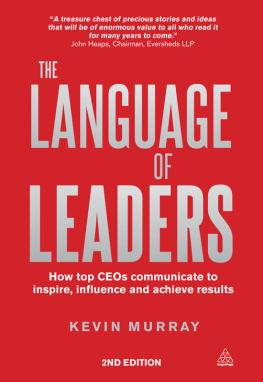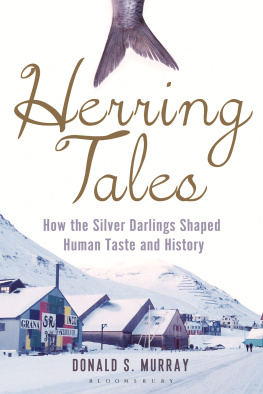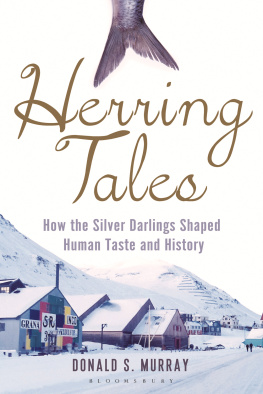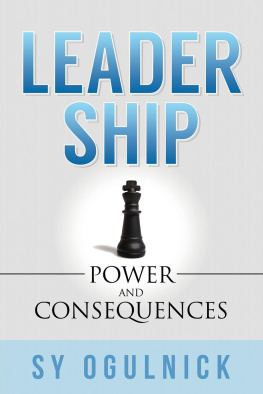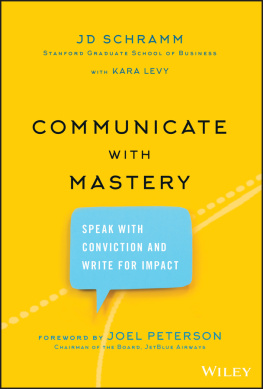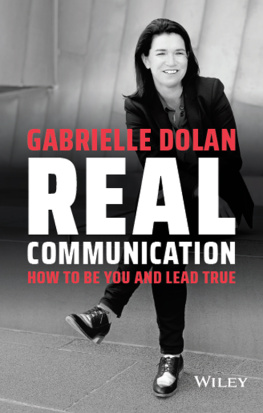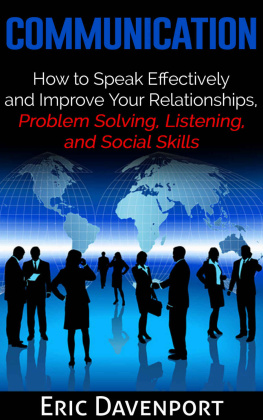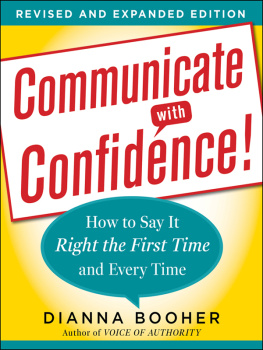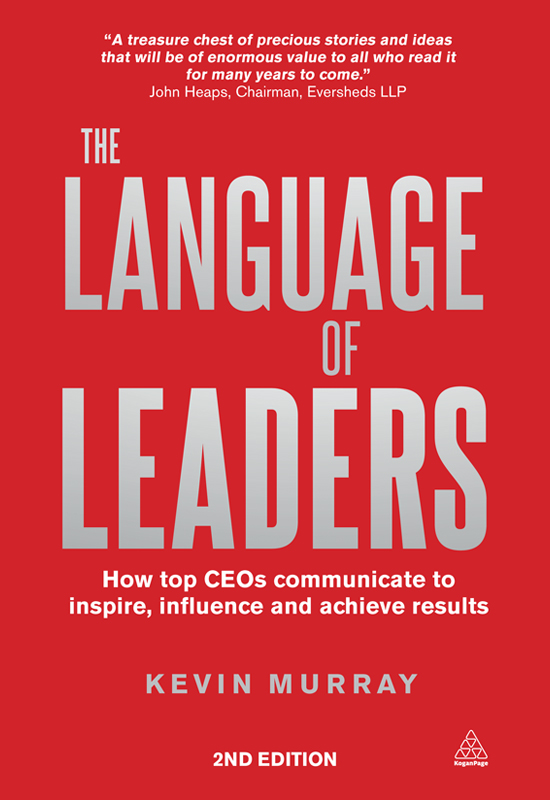PRAISE FOR THE LANGUAGE OF LEADERS
To anyone who aspires to be a good leader of people at any level of an organization, The Language of Leaders is relevant, insightful, powerful and very clearly structured. It is the most invaluable book for business leaders. I wish it had been written years ago.
Paul Drechsler, Chairman & CEO, Wates Group
In an overcrowded field, this is a book about leadership that offers rare insight. Not only thanks to the wealth of interview material, but also thanks to the intimate nature of their answers. This is likely to be the result of Murrays view that we follow leaders because of how they make us feel.
City AM
Communicating effectively is arguably one of the most important challenges facing any leader. It is also one of the most difficult and it is one for which we receive relatively little training or preparation in the earlier parts of our career. We can all draw some helpful learnings and insights from this book. I think it is going to be widely read by people at all levels of leadership.
Paul Polman, Chief Executive Officer, Unilever
I started reading this book with a large malt and couldnt put it down, so it was the wee small hours before I finished taking in its wisdoms and expertise. This, left to leaders, is an amazing piece of work.
Sir Eric Peacock, Company Chairman, Director of UK Trade & Investment, Business Mentor
I have just read one of the most inspirational leadership books for a long time. The Language of Leaders by Kevin Murray examines how top chief executives communicate to inspire, influence and achieve results.
Caroline Shaw, Chief Executive, The Christie NHS Foundation Trust
When Kevin Murray introduces you to the findings from his CEO interviews and decades of practical experience, you begin to realize how much the success of leaders depends on their ability to manage relationships and to use communication as a tool to inspire and motivate. He provides lessons for everyone who is a leader, who strives to become one or who supports leaders.
Rainer Ohler, Group Communications Director, EADS
Having very carefully read your book, it is unique and refreshingly authentic, and I anticipate that in time to come it will be an integral, indispensable part of the education of people from all areas of life who want to make a lasting difference to the people who follow them.
Siva Shankar, Corporate Finance Director, SEGRO plc
I have just finished reading The Language of Leaders and wanted to congratulate you on an outstanding book and contribution to the development of better leaders. It is rich with ideas and insights that readers will be able to remember and implement.
David Carter, Mentor
I was utterly fascinated by Kevin Murrays analysis of the need to make communication a top skill for leaders. His book has been invaluable. The must-have skills for leaders he discusses have certainly struck a chord with me as I grapple with the challenge of leading an organization of 3,000 staff.
Heather Munro, Chief Executive, London Probation Trust
If you read the book, youll find the content is compelling. Anyone who aspires to be a better leader will benefit from it.
Jeremy Thompson, Managing Director, Gorkana

Note on the Ebook Edition For an optimal reading experience, please view large
tables and figures in landscape mode. |
This ebook published in 2012 by
Kogan Page Limited
120 Pentonville Road
London N1 9JN
UK
www.koganpage.com
Kevin Murray, 2012, 2013
E-ISBN 9780749468132
To my wife, who inspires our family
ABOUT THE AUTHOR

Kevin Murray specializes in strategic communication, reputation management and leadership coaching. He has 40 years of experience in communications, first as a journalist, then in corporate communications, and now in consultancy as chairman of The Good Relations Group, which is part of Chime Communications plc.
For the past three decades, Kevin has been advising the global chairmen and chief executives (and their leadership teams) of a wide range of organizations. He has provided personal coaching for many of these leaders, helping them to be more effective communicators.
Previously Kevin was the director of communications for British Airways and, before that, director of corporate affairs for the United Kingdom Atomic Energy Authority. He started his career as a crime reporter on The Star newspaper in Johannesburg, South Africa.
CONTENTS
S ince publication of the first edition of The Language of Leaders , I have spoken to people in locations from Cape Town to Dubai, in Germany, France and Brussels and all over the UK. In all, I have stood in front of more than 5,000 people, from business students to business leaders, telling them about the findings in the book and recounting many of the stories I was told by the leaders that I interviewed.
These audiences have been interested, challenging and generous in their feedback and their comments. Their interest in leadership and communication has been profound and I have tapped a rich vein that seems to take on more relevance with each passing day.
In these audiences, I have encountered university students, business graduat es, managers of all levels, and the leadership teams of many of the worlds most famous global businesses. I have spoken at events at The Institute of Directors in London, in an aircraft hanger, in hotels and at exclusive dining events, at business schools and in the boardrooms of world-leading companies. My schedule of speaking engagements is still full and I still enjoy every single event.
When I first decided to write the book, I focused on interviewing mainly business leaders. I have spent my life in business communications and thought that if I mixed public sector leaders with private sector leaders, I would confuse my findings. I was wrong.
In many of the audiences I have spoken to, there have been public sector leaders present. They have all shown huge interest in the model that I developed for this book, and in particular the stories that famous CEOs told to illustrate the themes in The Language of Leaders . I found myself being invited into public sector organizations to talk to their leadership teams. I even found my book being recommended to public sector leaders and blogged about by them. Now I really was confused.
They all seemed to be saying that the insights in the book were equally valid for them, and they showed an enormous appetite for learning. When Kogan Page came to me to ask my views on a refresh for this paperback edition, it was very clear that I should go and interview public sector leaders, and add their views and stories to the leaders I had already interviewed. When I then set out on these interviews, talking to the heads of organization s such as the Independent Police Complaints Commission, the Met Office, the Financial Ombudsman Service, the Health and Safety Executive and Ofsted, I was nervous. Would I now find that I needed to change the model and completely recast the book?
Far from it. These leaders validated the model in the book and gave me huge confidence in its robustness. Many of them had already read the book and had recommended it to their own leadership teams. They were eager to give me their views on the same themes that had emerged during my first round of interviews.

